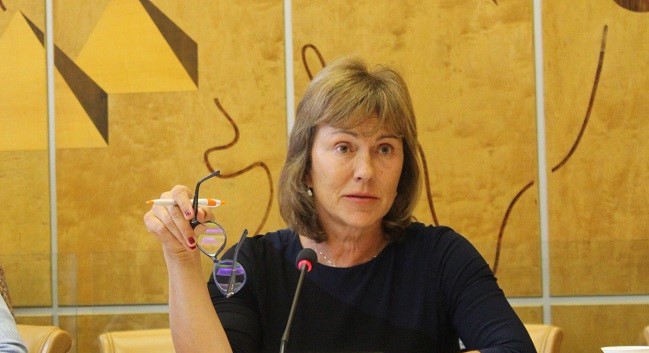Urban areas are said to be responsible for an estimated 75% of C02 emissions worldwide, making city-level action critical for global efforts to address the climate emergency. Mayors and other key urban leaders appear to have resolved to play a pivotal role in localising climate action, with immediate impact on the ground and the ability to mobilise citizens and different stakeholders.

The United Nations Economic Commission for Europe (UNECE) is stepping up a strategic partnerships with cities with the “Trees in Cities Challenge”, a new campaign launched at the UN Climate Action Summit calling on Mayors to make tree-planting pledges and to put these into action.
The Mayors of Tirana (Albania), Victoria (Canada), Bonn (Germany) and Helsingborg (Sweden) are the first on board and will be announcing their intention to join the initiative as part of their cities’ climate action agenda.
The UN Secretary-General’s Special Envoy for the UN Climate Action Summit 2019, Mr Luis Alfonso de Alba, stated: “I welcome the Trees in Cities initiative, I think it is a very important one. Trees play a very important role in the fight against climate change. They do not only capture carbon but also help us to lower the temperature. I encourage all involved – local authorities and citizens – to join this campaign and make a difference.”
“We need concrete, realistic plans for climate action at all levels – the message is clear. Critically, this includes action in urban areas, which are at the forefront of the battle against climate change,” stressed UNECE Executive Secretary, Ms. Olga Algayerova. “This is why I am inviting all Mayors and urban leaders to make a tree-planting pledge through the Trees in Cities Challenge. By delivering on this pledge, cities can take the practical climate action we urgently need and make a tangible contribution towards the Sustainable Development Goals.”
“The city of Bonn will plant around 25,000 trees in the city forest by the end of 2020. These are mainly native species, mostly oak, hornbeam and winter lime. In addition, at least 200 new street and city trees are to be planted in the same period. Like Bonn, ICLEI network cities around the world are focusing on nature-based development and sharing their efforts through the CitiesWithNature platform,” said Mr. Ashok Sridharan, Mayor of Bonn, Germany, and President of ICLEI – Local Governments for Sustainability.
“To truly create change, strategies and plans are not enough. We all have to take action towards the Sustainable Development Goals, and I am convinced that the world’s cities and their mayors must lead the way. Therefore, I welcome the Trees in Cities Challenge. My pledge today is that the city of Helsingborg will plant 8,000 more trees before the end of 2020,” noted Mr. Peter Danielsson, Mayor of Helsingborg.
By taking the Challenge, cities can unlock multiple sustainability benefits – for the climate, environment and society:
- a single tree can store up to 150 kg of C02 per year
- trees help clean the air of harmful pollutants
- trees can limit the effects of urban heat islands, reducing air conditioning needs
- trees help control land erosion, reduce landslides and control surface water, and help mitigate flood damage
- planting trees can boost biodiversity in cities
- green spaces in urban areas can contribute to stronger communities and improved wellbeing
- trees can increase surrounding property values by an estimated 2-10%.
UNECE says it will showcase cities’ progress on their tree-planting pledges on a dedicated website and through international fora, encouraging other urban leaders around the world to take concrete local action through the initiative. The campaign will initially run until the end of 2020.
